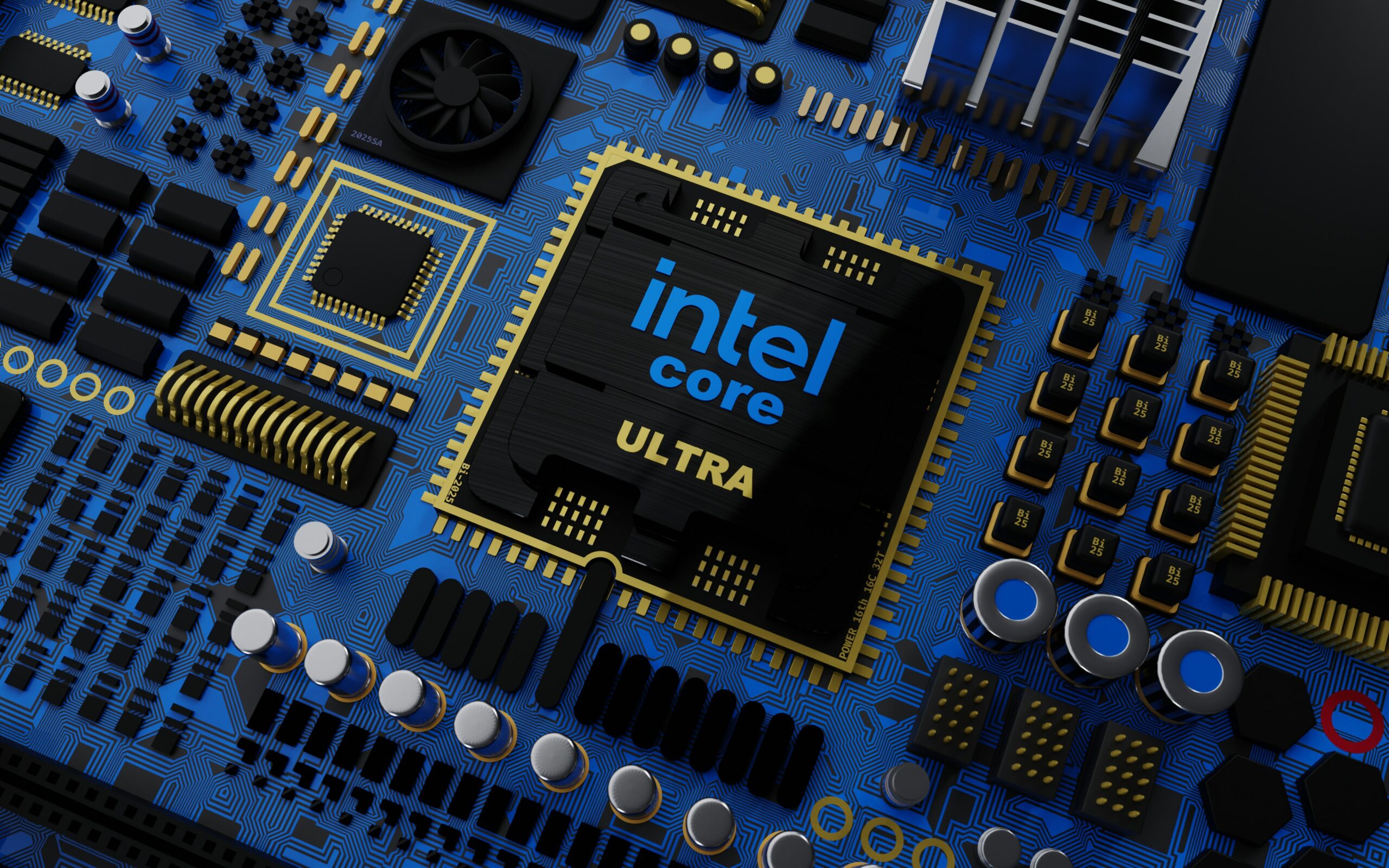
In a significant pivot from previous policies, the U.S. government, under the current administration of President Donald Trump, has expressed its intention to acquire an equity stake in Intel Corporation. This move aims to convert cash grants allotted during former President Joe Biden’s tenure into equity, marking a strategic shift in government interaction with one of America’s tech giants.
Key Facts
- U.S. Commerce Secretary Howard Lutnick stated the government’s intention for an equity stake in Intel, linked to cash grants issued under Biden’s administration.
- Treasury Secretary Scott Bessent emphasized that the investment aims to help stabilize Intel without controlling its operations.
- The proposed stake conversion involves $7.9 billion in grants into a potential 10% equity in Intel.
- The equity stake would be non-voting, ensuring the government does not interfere in Intel’s managerial decisions.
Background
Intel, once a pioneer in the semiconductor industry, has faced significant challenges, falling behind competitors like Nvidia and AMD. The company reported its first annual loss since 1986, totaling $18.8 billion in 2024, and announced a workforce reduction of 15%, aiming to retain 75,000 core workers by the end of the year.
The U.S. government’s proposed equity stake is not intended for governance but as a strategic conversion of previously granted funds into a tangible asset that could potentially yield returns for American taxpayers. This approach contrasts sharply with the previous administration’s strategy of providing financial support without direct compensation.
Official Reactions
Treasury Secretary Bessent clarified on CNBC’s “Squawk Box” that the U.S. aims to stabilize Intel through its investment, which should not be seen as an attempt to mandate purchases from Intel by other U.S. companies. Commerce Secretary Lutnick further highlighted that this move is a conversion from grant to equity, benefiting the American people financially without seeking to control the tech giant.
President Trump, who has been critical of Intel’s management, suggested that the new CEO, Lip-Bu Tan, should resign but later changed his stance after a personal meeting. Trump’s approach to corporate engagement appears more commercially oriented, focusing on tangible benefits for the taxpayer.
What’s Next
The proposal has set the stage for a new form of interaction between the U.S. government and the tech industry, where financial support is directly linked to equity ownership. This policy shift is likely to have significant implications for how government aids are structured in the future, potentially affecting other tech giants and the broader economic landscape. The outcome of this proposal could influence corporate governance and investment strategies nationwide.
As the situation develops, industry watchers and investors will be closely monitoring the impact of this government intervention on Intel’s operations and its position in the global tech race.